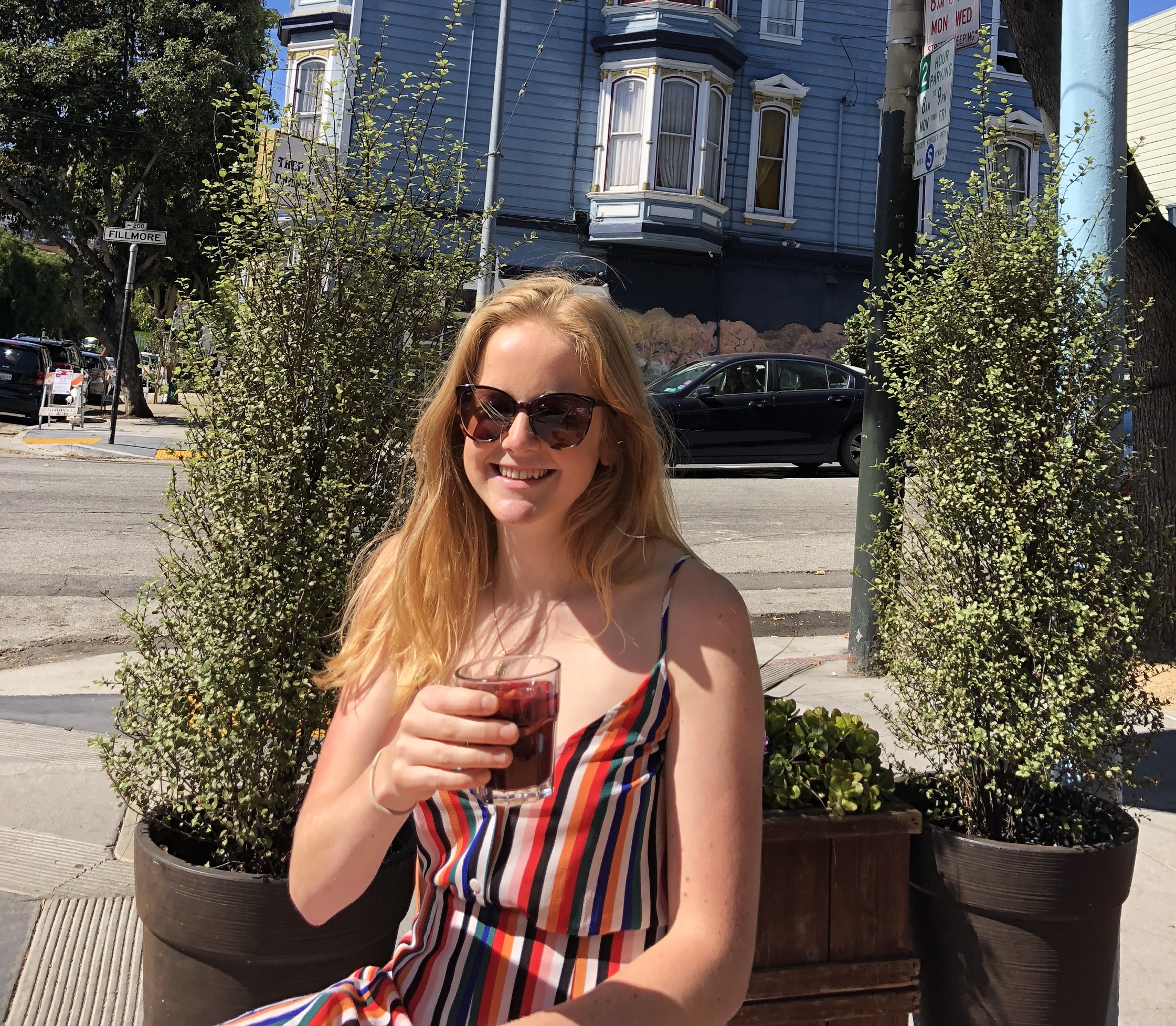LSE is committed to producing global citizens and providing students with opportunities to enhance their degrees. This is why we have been sending students to spend two to three months to one of our institutional partners, like UC Berkeley.
Read about Molly's time in Berkeley, and see whether this opportunity might be for you too.

Why did you apply to the Partnerships PhD Mobility Scheme?
My PhD research addresses Southern Cone involvement in Central America in the late 1970s and 1980s, and while I primarily deal with documents in Latin American archives, I knew from the outset of my PhD that I needed to visit the Bay Area at some point in order to conduct research at the Hoover Institution Library and Archives, based at Stanford University. The private papers held at Hoover are vital to understanding the connections between actors at the centre of my research and figures on the right in the United States in my period. I had had very little experience visiting the US, but once I found out about the Partnerships PhD Mobility Scheme, and noticed Berkeley’s relative proximity to the archives at Stanford, I realised it would make the perfect base for a research trip, while the additional funding would make conducting that research much easier.
What was the best part of your time abroad/What were the best moments of your visit?
While my initial motivation in applying to the scheme was funding for essential archival research, by far the most valuable aspect of my time at Berkeley was the experience of the US university system as a visiting student in a History Department. I was made to feel incredibly welcome among the community of Latin Americanists (and historians of the Cold War more generally) within the department and I relished the opportunity to discuss my ideas with so many like-minded colleagues. On three occasions I was able to workshop my written work: twice within the History Department, at the Latin American History and ‘Strategy and Statecraft’ working groups, and once outside of the department at the interdisciplinary Berkeley Center for Right-Wing Studies. In contrast to the United Kingdom, where Latin American history remains relatively marginal, it was truly inspiring to be in an academic environment where so many people – fellow graduate students and faculty alike – engaged so constructively with my work.
Aside from the academics, the other highlight of my time at Berkeley was the opportunity to travel around California. I integrated an essential trip to the Ronald Reagan Presidential Library, based just outside of LA, into a longer road trip down and up the beautiful stretch of coastline between San Francisco and LA. I was also able to visit Yosemite National Park, and enjoy a weekend among the enormous Redwoods in northern California - a world away from the buzz of the Bay Area.
How will you use what you learned there?
First and most obviously, the documents I gathered at archives both in the Bay Area and in LA will form a vital part of my thesis research. More importantly, the discussions I had with fellow graduate students and faculty at Berkeley will continue to inform my thinking as I begin writing further chapters over the coming months. Finally, I am certain that the connections and friendships I have made will stay with me long into the future.
How was life at Berkeley compared to the experience you have had in London?
The campus was completely different and so much more beautiful than any university I have visited in the UK. It’s built into a hill running down towards downtown Berkeley and is full of trees, buildings and open space, while also being close to everything in town. In terms of life in general, the pace of life is definitely much slower in Berkeley, and of course the weather far better as well!
What are your top tips for potential applicants?
In the application process, my main tip would be to emphasise why you need to be at Berkeley specifically. In my case, this was access to the archives, but it could be a certain faculty member or specialism. Make clear why you need to be in California and what direct benefit it will serve to your research: wanting to spend three months in the sunshine probably isn’t enough of a justification alone.
Is there anything else that you would like to share with others?
If you’re unsure about uprooting yourself and spending three months somewhere you’ve never been, then just do it. My experience in Berkeley was so much richer than I could ever have imagined and it will be invaluable going forwards with my research - not just in terms of archival material, but more importantly the connections I made and the experience I gained of the US higher education system. Also, the Bay Area really is as great as everybody says it is!